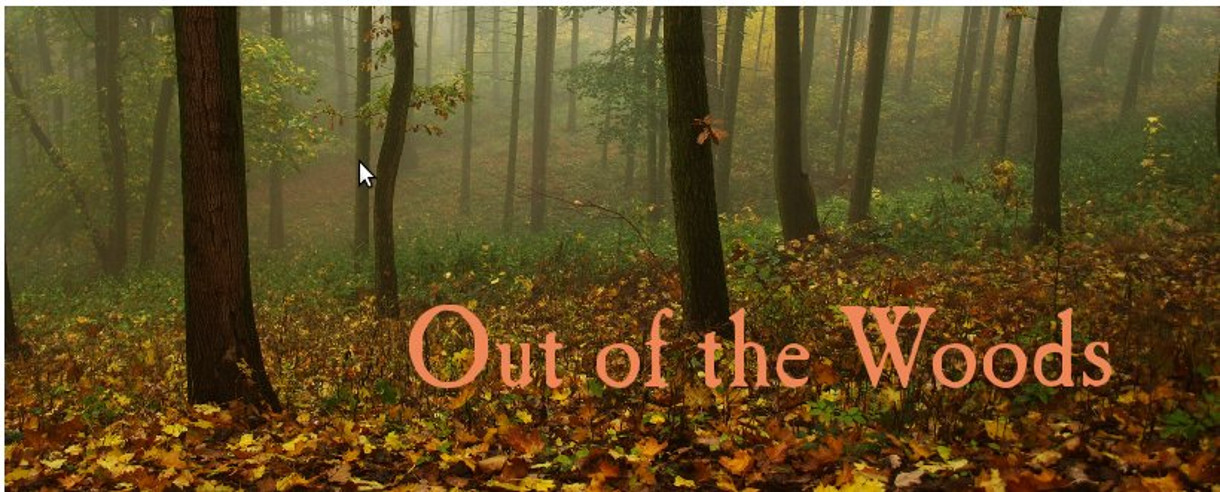Unrest in the Middle East
The Revolution in Tunisia, the demonstrations in Algiers, Yemen and in Egypt are a profound embarrassment for the United States government. Secretary of state Hillary Clinton and President Obama have presented the US as the champion of democracy. But once confronted with real popular movements in favor of popular self-determination the President is rapidly backpedaling.
The president could not say enough about what a good ally President Hosni Mubarak has been to the United States. (We have been a good ally to Mubarak too- to the tune of $ 1.3 billion a year) There followed some mealymouthed recommendations of allowing free speech. But neither Clinton nor Obama were willing to come right out and say it that Mubarak is an authoritarian ruler, who has for decades arrested and tortured political opponents. Elections in Egypt have been a sham. All through the Mideast, our allies are dictators or absolute monarchs. We have cooperated with them and made it very clear, if only through our actions, that all this talk about freedom and democracy was for local consumption back in the United States and that no dictator need to be worried about US opposition -- with the exception of Ahmadinejad in Iran.
( And even he does not need to be terribly worried. A while ago someone reported that the government had given exemptions from the commercial sanctions against Iran to no less than 10,000 American firms. While our official position is uncompromisingly hostile to the government of Iran, we are willing to allow American firms to make money supplying this enemy, thereby strengthening the Iranian government.)
And indeed, our government’s talk about freedom and democracy is for home consumption. They are trying to persuade us that their primary agenda item in foreign policy is the promotion of democracy. This blatant lie only shows their disrespect for the American electorate. They don’t think they have to tell the truth at home; voters are only there to be manipulated.
To my mind that does not show a lot of respect for democracy either. After all, if people are systematically misinformed by their government, their decisions at the ballot box are not liable to be worth a lot. Perhaps Mubarak is a trusted ally because our government and his play pretty much the same game, except that ours is more sophisticated in its disrespect of its people.






